Everyone has their own story. Teachers, like most people, bring those stories – stories that grow out of our passions, our interests, our cultural background, and our personalities – into the workplace. These stories inform how we see the world and how we approach our work. Although teaching is what we do as a profession, it is not all that we are, and it’s those extra dimensions that make each classroom so special.
Our Growing Home: PKS Preschool Over the Past Decade
In 2009, a year after PKS opened its doors, I felt so lucky to join a tiny but cozy two room preschool in the Presidio with 25-30 students. Ten years later, a lot has changed, but watching the school (and my first students) grow and transform has been amazing. Although the school may not look the same on the outside, what makes PKS such a special place still remains: our community and sense of family.
Reservations at the Tea Tree Restaurant
Our Preschool Faculty - Leaders and Learners
One of the key things that makes PKS such a special place are our teachers. They are warm, caring, and love to learn alongside their students. PKS supports our teachers and encourages them to attend conferences and seminars that will help them grow as educators. We are also proud that, even while we maintain a growth mindset and continue learning, our teachers have tremendous expertise and are well-regarded by educators from the progressive early childhood education field.
Artistic Explorations in 3rd Grade: Symmetrical Stitched Designs
Our third graders recently explored symmetrical stitched designs. They began by looking at examples of Chinese embroidery and discussing the intricate designs and varied stitches. With a plastic needle and yarn, students intermittently watched a basic stitch video while practicing on their own piece of burlap.
Teacher Profile (Effi Wang)
The Vision of Mathematics at PKS
Teacher Profile (Mei Ying Tzeng)
There is no instruction manual on how to teach children. Children don’t need to follow anyone to explore the world. Instead, we focus on children’s learning processes and experiences, not on pushing children to remember all the academic material. Teachers and children observe, find questions, search for the result and solve issues together; building knowledge and gaining new experiences while learning from each other.
Learning with Sock Puppets
Trusting Children to Have an Opinion
Teacher Profile (Shihpei Chen)
Progressive Learning at PKS
Without a doubt a school can be a progressive school and a language immersion school. There’s nothing about language immersion that limits our ability to implement progressive or vice versa. One specific example: repetition and daily practice of characters is an important part of learning Chinese. A progressive approach would be to consider: what is the appropriate amount of time for a 3rd grader to engage in this practice, and how do we make it as engaging and enjoyable as possible? There is no one strategy that is cancelled out by progressive – it’s about weighing kids’ developmental needs to create a well-rounded approach.


